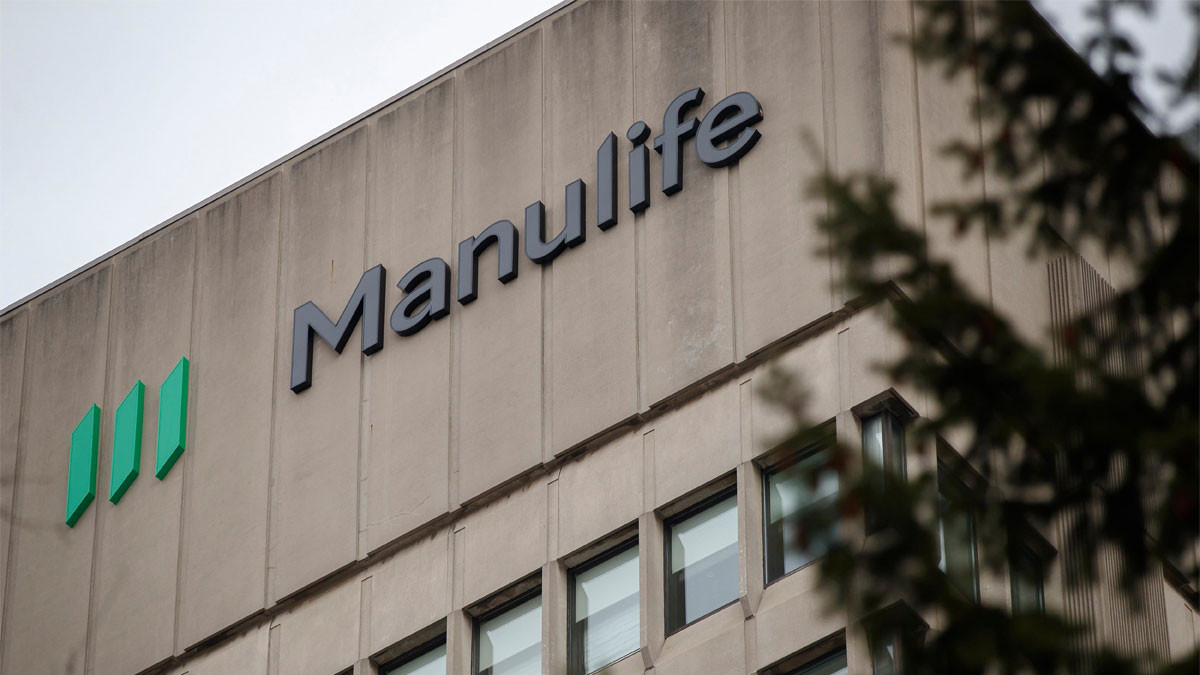Smurfit Westrock Secures Major Win in Venezuela Dispute
Global paper producer Smurfit Westrock has won a significant victory in its long-standing dispute with Venezuela, securing a $469 million (€423 million) arbitration ruling against the South American nation. The World Bank’s International Centre for Settlement of Investment Disputes (ICSID) ruled in favor of Smurfit Westrock, granting the company compensation for the 2018 seizure of its assets in Venezuela.
The decision marks a substantial financial win for Smurfit Westrock, potentially boosting its balance sheet by over $470 million. The ruling, which includes $468.7 million in damages, $4.5 million in legal costs, and interest until the date of payment, validates the company's claim that its Venezuelan operations were unlawfully expropriated in 2018.
Venezuela's History of Expropriation and Disputes
The award follows a pattern of Venezuela losing numerous international arbitration cases stemming from late president Hugo Chávez's nationalization wave. The South American country is currently facing $21 billion in claims for past expropriations and debt defaults in a US court case. This latest arbitration ruling further underscores Venezuela's troubled history with foreign investors and its propensity for engaging in politically motivated expropriations.
Smurfit Westrock's Response and Future Plans
Smurfit Westrock CEO Tony Smurfit expressed satisfaction with the award, stating that it validates the company's assertion that its Venezuelan business was unlawfully expropriated. While the award cannot fully compensate for the impact on its people and the local community, the company intends to pursue the full value of the award from the Venezuelan government.
Enforcing the Award: Potential Challenges and Implications
Despite the victory, enforcing the award could prove challenging. Venezuela has a history of non-compliance with international arbitration rulings, and the company may need to pursue enforcement in multiple jurisdictions, potentially targeting Venezuelan assets abroad. The case serves as a cautionary tale for other multinational corporations operating in countries with unstable political environments and weak rule of law.
The Bigger Picture: Political Risk and Venezuela's Economic Outlook
This case highlights the ongoing political and economic instability in Venezuela and its impact on foreign investments. The expropriation of Smurfit Westrock's assets was part of a broader pattern of government interventions in the private sector under the Maduro regime. The ICSID ruling is unlikely to prompt policy changes in Venezuela, which has a history of disregarding international arbitration decisions.
For investors, this underscores the importance of factoring political risk into investment decisions, particularly in emerging markets with weak institutions. This case may also have broader implications for Venezuela's ability to attract foreign investment in the future, potentially hindering efforts to rebuild its economy.
Looking Ahead: Smurfit Westrock's Future and the Impact on Investors
While the award is a positive financial development for Smurfit Westrock, investors should temper expectations regarding the speed and certainty of collecting from Venezuela. The company's decision to pursue the full value of the award suggests confidence but also implies potential further legal costs. While this windfall isn't guaranteed, it represents a significant upside with minimal downside risk. The market may react positively to this news, potentially driving up Smurfit Westrock's stock price in the short term.
Long-term investors should view this as a potential bonus rather than a core driver of the company's valuation, focusing instead on Smurfit Westrock's ongoing operations and market position.
A Powerful Reminder of the Risks of Doing Business in Venezuela
The arbitral tribunal found that Venezuela violated several protections under the investment treaty with the Netherlands. The ruling is a powerful reminder of the inherent risks of doing business in countries with unstable political climates and a history of expropriation. This case is likely to have a lasting impact on the investment landscape in Venezuela and could deter future foreign investments in the country.

















